Our founder, Ben Owens, spoke at Verde Natural‘s “Be Victorious” event on 9/12/17. Listen to the speech and read the transcript below. The main takeaway is that you should be comfortable with your relationship with cannabis, otherwise you’ll never be able to enhance or empower your life with it.
Transcript:
The purpose of these events is to talk about how you can enhance and empower your life with cannabis. And as part of that i want at least one takeaway from tonight that you all leave here with is that you really need to be comfortable with your relationship with cannabis. Nothing that I’m going to tell you and nothing that you’re going to try to do with cannabis is going to be beneficial for you if you aren’t comfortable with your relationship with it; if you don’t know how it affects you, and what dosage is right for you, and the settings that make you comfortable or uncomfortable when using.
That being said, I do want to talk about five of the challenges that I’ve kind of overcome during my journey from starting as a smoker in freshman year, to now, working in the cannabis industry and the counter culture industry.
And I’m also going to leave you with some takeaways that hopefully you can act on in your future personal and professional areas [where] you may encounter these challenges as well.
[0:49] To start off, I was a student at the University of Missouri. I studied journalism. And cannabis was illegal in Missouri. I’m from arizona. Cannabis was illegal in Arizona at the time. Now, they have medical. But, cannabis wasn’t very approved of in professional discourse.
I became involved with NORML; I wanted to be their photographer. And it was a very big shut down from my mentors, from my parents. “you don’t want to affiliate with anything marijuana on a professional level. If you’re involved in advocacy efforts, don’t be a part of it.” And then fast-forward to senior year, you know, as you’re applying for jobs, they’re very sensitive to the content that you’re putting out-your social media, your emails, things like printed materials or projects you may be working on in your day to day lives. All of that can put your job search at risk.
[1:35] And so that was the first challenge I encountered was “How do i show, in college and in a professional sense, that cannabis is empowering and that it helps me meet expectations and even exceed them in my daily life.” Once I made the choice to go to grad school, i decided that I wasn’t going to work for another agency; that I wanted to work in weed. So, I started an ad agency called Annoté.
[1:55] Which brings me to my second challenge which was working in an area where cannabis is illegal. I moved from missouri to chicago and cannabis was illegal in chicago at the time. It’s now a medical program, but there weren’t any clients located physically near me, which made it very hard to get any sort of income from this side project. We worked with national advocacy efforts and tried to remain tied to NORML and Americans for Forfeiture Reform , Show-Me Cannabis, a variety of different organizations that I had been involved in in college. And from there I was kind of able to maintain a network at least.
[2:31] The agency flopped. But the answer to this challenge to me was maintaining what I could and kind of transitioning the drinking culture of Chicago that I knew, and bringing cannabis into it. I was always the guy at the party with a vape. I was always the guy at the party with a joint. And really showcasing that the guy in the button down and slacks can also be the guy that’s dabbing everybody out.
[2:52] Moving from that, I really started to work in the creative industries with advertising. And advertising is a very liberal profession. You can kind of do whatever you want as long as you’re getting your job done, but i realized that I wanted cannabis to be a part of my life that I can embrace, and talk about, and be very professional about as well. And that just wasn’t possible in an illegal climate. You couldn’t talk about usage or showcase it. I had just started my cannabenoid instagram brand and started posting dab videos and all of this was very risky in an illegal state.
[3:23] So I had the opportunity to move to Colorado in December of 2015. And from there I also had the opportunity to start working in the counter culture industry. I became the marketing manager for a company called Detoxify. And they’ve been around for more than two decades; they’re the leader in the detox industry and they really enabled me to kind of catapult into this counter culture trade show scene—to really talk to vendors and people who may become potential sponsors—going to smoke shops and on road trips, you really get a firsthand feel for the ancillary side of the cannabis industry.
[3:55] Additionally, I wanted to meet people here that liked cannabis. And so, you know, my personal twist on it being dab videos and moving to colorado and enjoying nature, how do I transition that into being a contagious idea. And that became my fourth challenge, which is, “How does your idea become something that other people want to be a part of?” And that happened through CannaVenture. It was totally unintentional. I just wanted to meet people that liked to hike and get high. I didn’t want to do it alone with my dog. So, I started…I picked a hike and I picked a day and I said “Hey, whoever wants to show up” and we had one person show up.
[4:30] But, I sold it as a huge success and I really tried to keep a positive attitude about it. And then next time we had 16 people show up. And the next time we had 35. And just kind of growing from there. And so, that was really empowering as well as I had people i know that started working with brands or were marketers or even owners of dispensaries and things like that who saw what i was doing and, without any prompting, wanted to throw product, wanted to throw in merchandise, or just wanted to be a part of that image that i was creating because they wanted to be positively affiliated with it. And that’s really when you know you’ve kind of caught onto something and you’re on the right track. When as much effort as you’re putting into it, there’s an organic growth that you couldn’t have created.
[5:13] We’ll get into this a little bit later, but there’s a lot to starting and getting the ball rolling that holds a lot of us back. And i think that if you continue to move forward even if that means its a one person event, that’ll really push you.
[5:26] So, and then lastly, the last challenge that I’ve had is now that I do Cannaventure and I write for a cannabis magazine and I work in the detox industry, is how to communicate that with people who don’t live in Colorado, who don’t live in legal states, or don’t..may not even to be willing to accept that cannabis is now a legal lifestyle?
[5:44] And a Perfect example of that is I went to Maine this past summer. I stayed in a B&B. And as a 25-year old who was clearly high and working from his laptop at ten in the morning, eating brunch, the owners were very interested in how this was possible. Maine actually just went legal for cannabis as well, so they were also curious about that. But I explained to them that, you know, “I write for a cannabis magazine, it’s The Hemp Connoisseur, we talk about industrial hemp to recreational cannabis. We talk about growth techniques, we talk about farmers who are working with water suppliers on how to allocate enough water to farmers in the area. We really span a wide variety of topics within the cannabis industry.”
[6:24] And that’s a whole different conversation than you’re having with somebody when you’re talking about how many dabs you took or the biggest dab you saw at the smoke sesh or how many people were hanging out selling edibles at High Times. And it really changes the conversation you have with people if you control that positive aspect and maybe its a little bit more of a professional tone at times, but it’ll make it a lot easier to then transition to “How do you feel about cannabis?” and “How do feel about the industry coming to your area?” or talk about possible objections that people may have.
[6:55] Sp, that was a big breath. So that’s a lot of information and it is all personal to me, so i did want to generalize this a little bit and give you five takeaways that you can leave here with and hopefully act on in your lives. And the first one of that is, as I said, knowing yourself, knowing what strains you like, knowing time of day is good for you to smoke, knowing what activities are appropriate. There are things that I know I just can’t do when I’m high, and there are things that I know that I have to smoke certain strains or certain types of cannabis. I smoke concentrates all during the day because I can control a lot more of how it affects me when I’m working. I smoke flower a lot more when I’m recreating because I enjoy sitting down and enjoying a big blunt. That’s two very different experiences for me.
[7:37] And so, in part of knowing yourself, the second thing I want to talk about is doing. Doing whatever you want to do, and not letting cannabis or anything else get in the way of doing it. If you know that it’s going to take a little bit or the task doesn’t seem super fun right off the bat, then maybe it’s not the best time in the process to smoke. Maybe start smoking after you’ve had your first win. Or, pick a strain or something that works for, an edible or something low dosage, that’ll allow you to be high while at—still work and be productive.
[8:08] And third..so piggybacking on that, my third takeaway is moderation. And not just in consumption. Moderation in consumption is important and knowing your own dose, but moderation in your goals. If you’re starting at ground zero and you’re aiming for a 100-foot building when you first jump, it’s going to be very daunting and discouraging in the process. You have to have steps along the way. You have to have thing that, they may not be huge goals, but they allow you to celebrate internally and that’s part of knowing yourself, knowing what you can accomplish and setting actionable goals.
[8:38] And, so fourthly I want to say that you should take time to appreciate cannabis in your professional and personal settings. If you’re speaking to the personal, taking time to just go for a walk or throw on that favorite album or watch your favorite movie or not have to multitask and capitalize on your cannabis usage. While it’s important to do that in your professional realm, and use things that help you and make you a better person or make you more creative or make you more focused and energetic, it’s also important to just take that time for self reflection and recognize what cannabis is doing to your body and maybe change up your strain or change up your routine.
[9:11] Constant reflection is really the only way for us to be evaluating the things in our lives and how they’re affecting us and whether they are empowering us or whether they are hindering our progress.
[9:22] And lastly, I think the other most important takeaway for me is mutual respect in your relationships. Not just significant others, but professional, and friendships and peers. There’s a lot of people out there that don’t live the lifestyles of a cannabis consumer and they may not understand it. And that’s perfectly ok. And as a cannabis consumer we are constantly demanding respect from those people and saying “You need to respect us. We’re a new industry. You need to respect that cannabis is legal and not treat it like it’s this dirty, underground thing.” And at the same time, there are times in this industry where we push the boundaries too far the other way. We insert ourselves into people’s personal comfort zones, in their bubble and that’s not showing respect on a two-way street.
[10:05] A perfect example of this is my parents have a “no rig, no torch” policy at their house. Because they’ve realized that I’m going to get high anyways. I’m going to consume and it’s part of what I do and it’s actually helpful for my professional..the things I do in my day-to-day life, but they don’t think a blowtorch at their house is necessary for that to happen. So, capsules, edibles, a vape when you’re walking the dog, go dab at your buddy’s house, but you don’t need a blow torch. And that’s a line that we’ve drawn collectively that’s mutually respectful.
[10:34] And that only happens if you have open communication in the relationship. Especially relationships with people who don’t feel the same way you do about cannabis. Sitting down and saying, “What is it explicitly that bothers you?” Had an ex that hated weed and it was a big deal in our relationship. Until I sat down and had a mature conversation that the smell, the smoke, and my behavior were the things that were bothersome, I really had no idea how to have that conversation and how to work on that issue. And if you have people in your life that very clearly have an issue with your lifestyle and cannabis usage, unless you talk to them about it, you’re never going to move past it. And that can be professionally and that can be personally. .
[11:14] So, I know the purpose of this is to enhance and empower your life with cannabis and, again, the one takeaway if you take away anything from this is be comfortable with your relationship with cannabis; know you, know how how it affects you, really get to know a sense of whether it is empowering you or whether you might need to change your routine.
[11:30] Thanks again to Verde and the whole team for having me and I’ll be available for questions after this. Thank you so much.

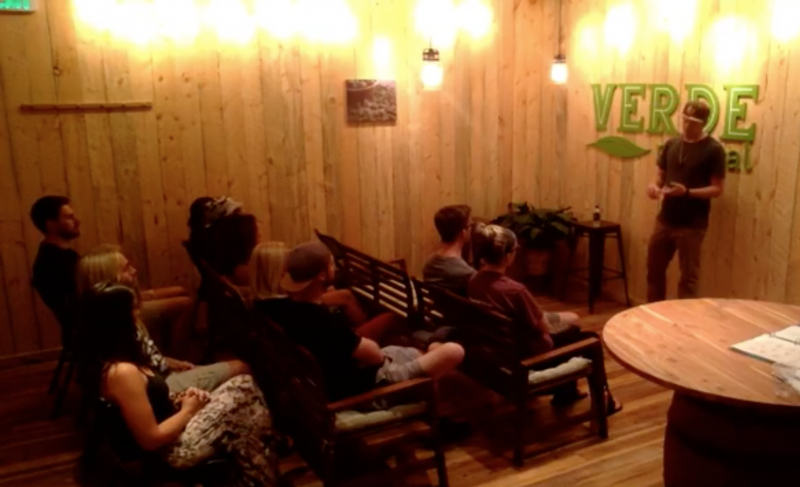
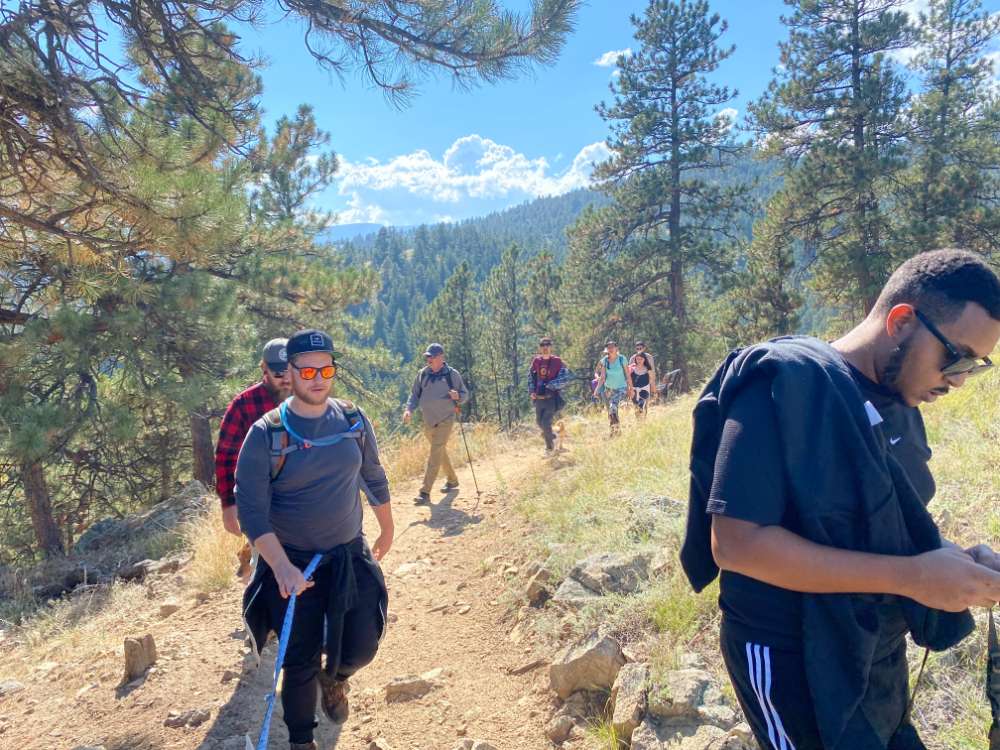
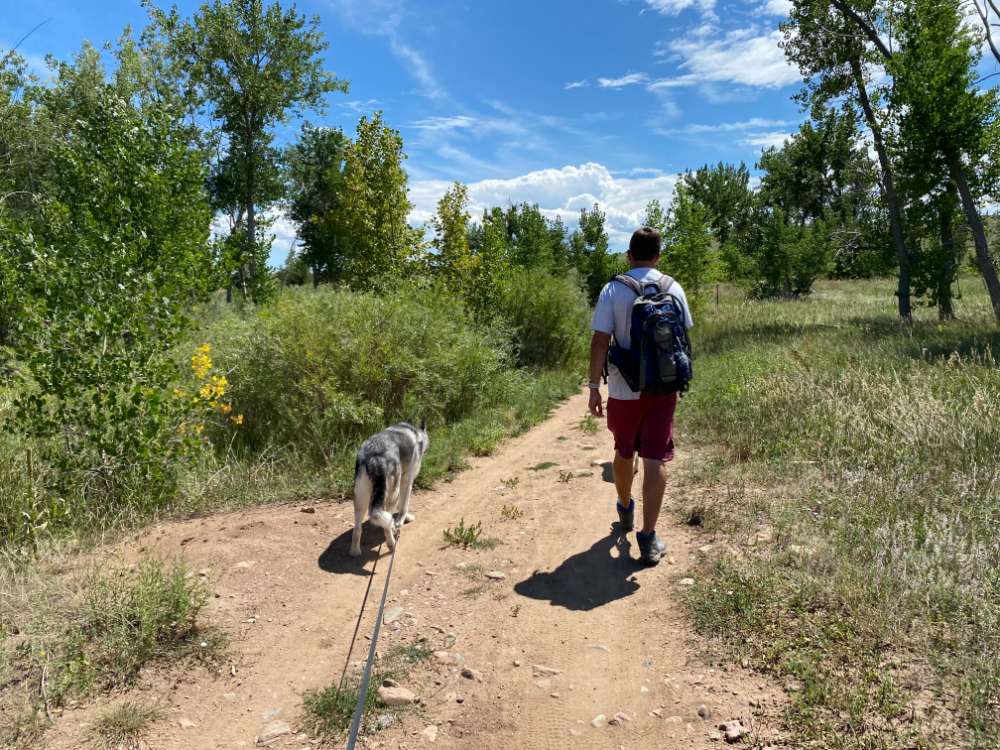
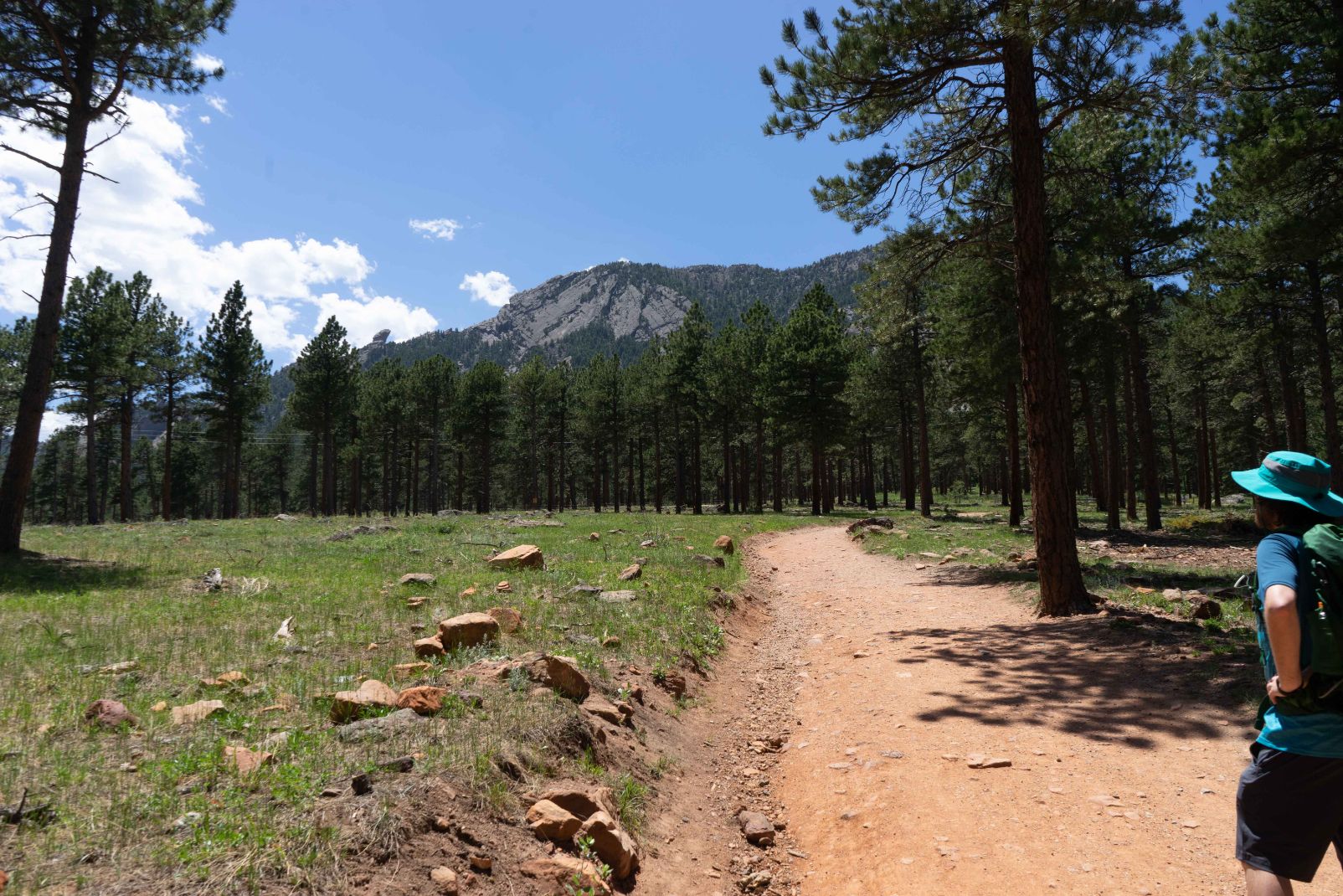
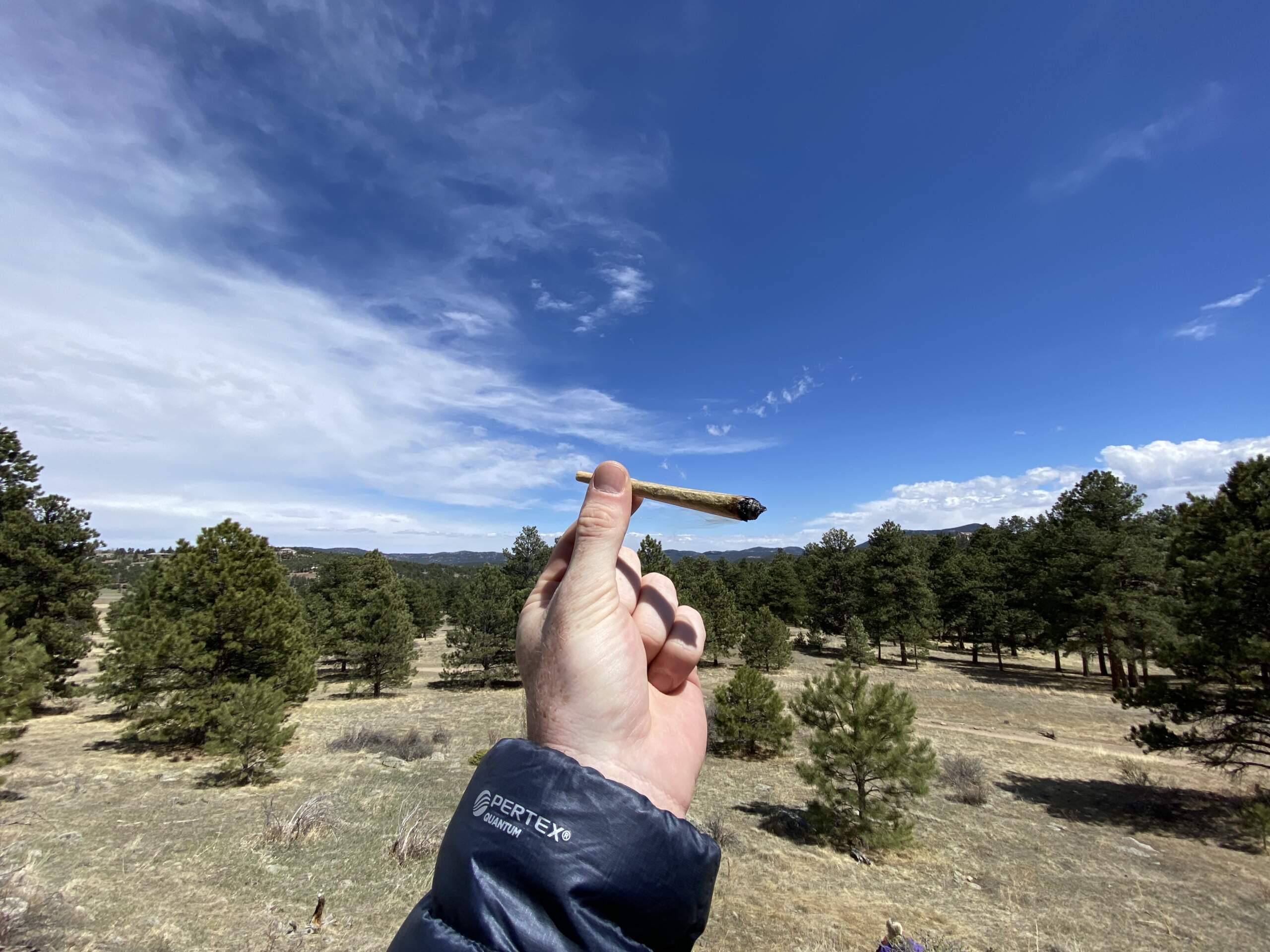
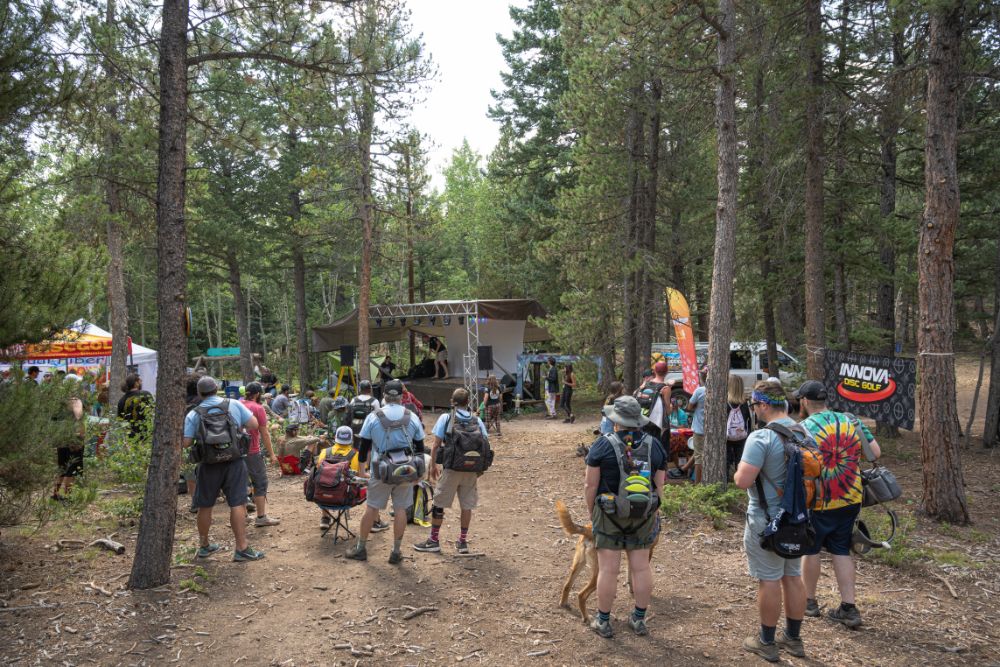
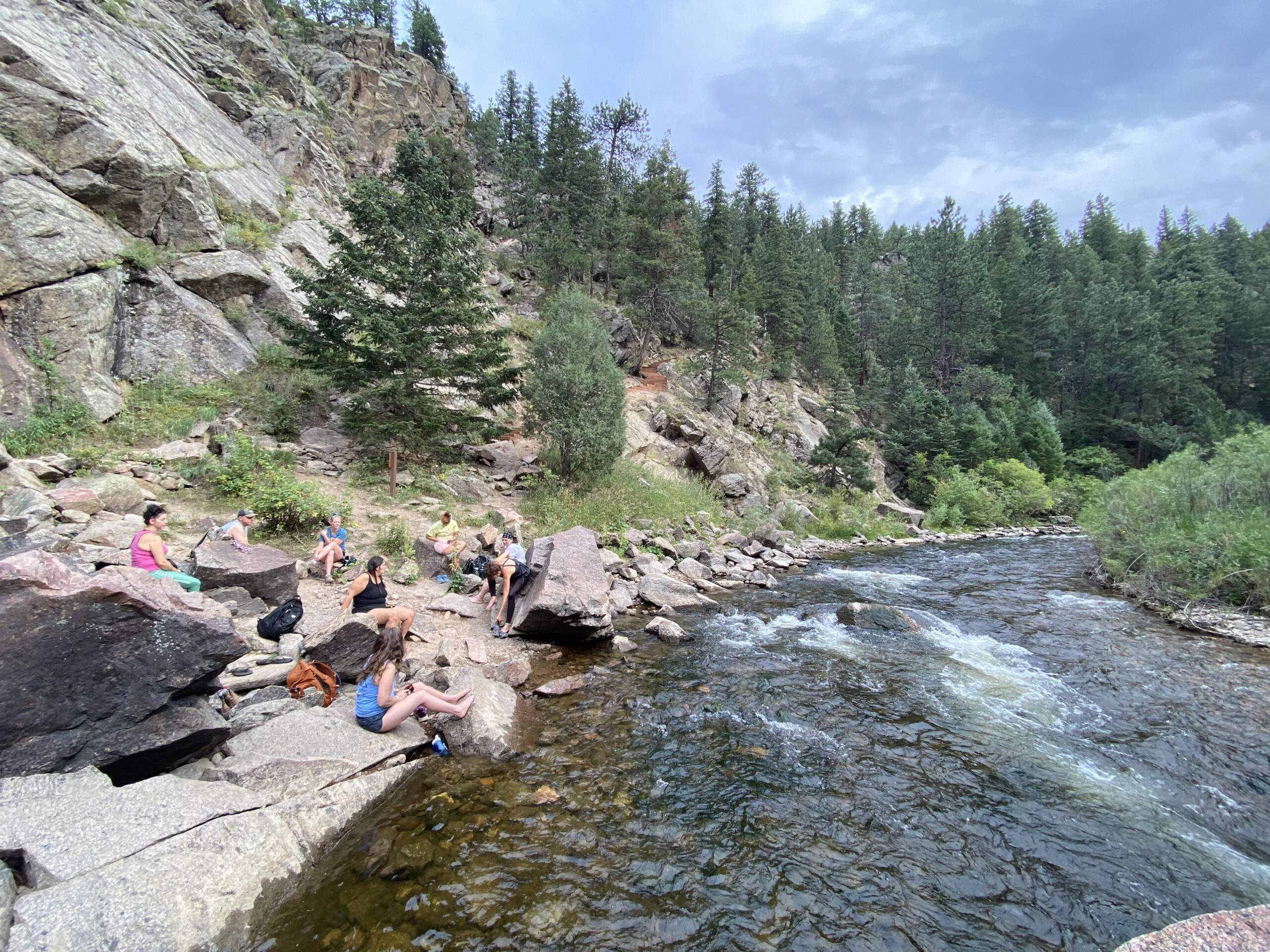
Leave A Comment